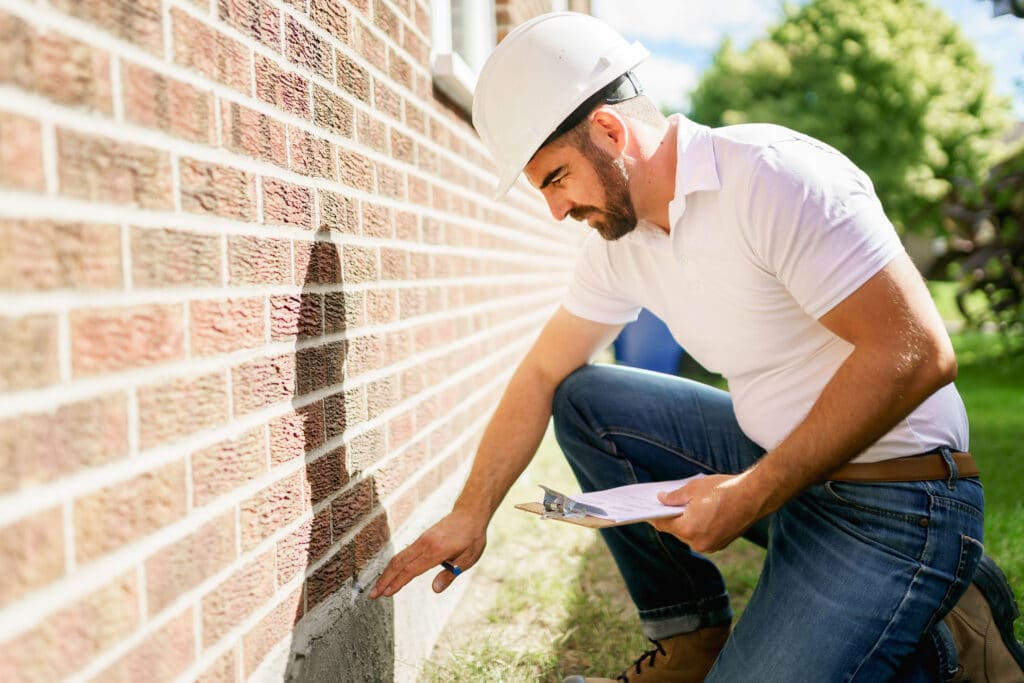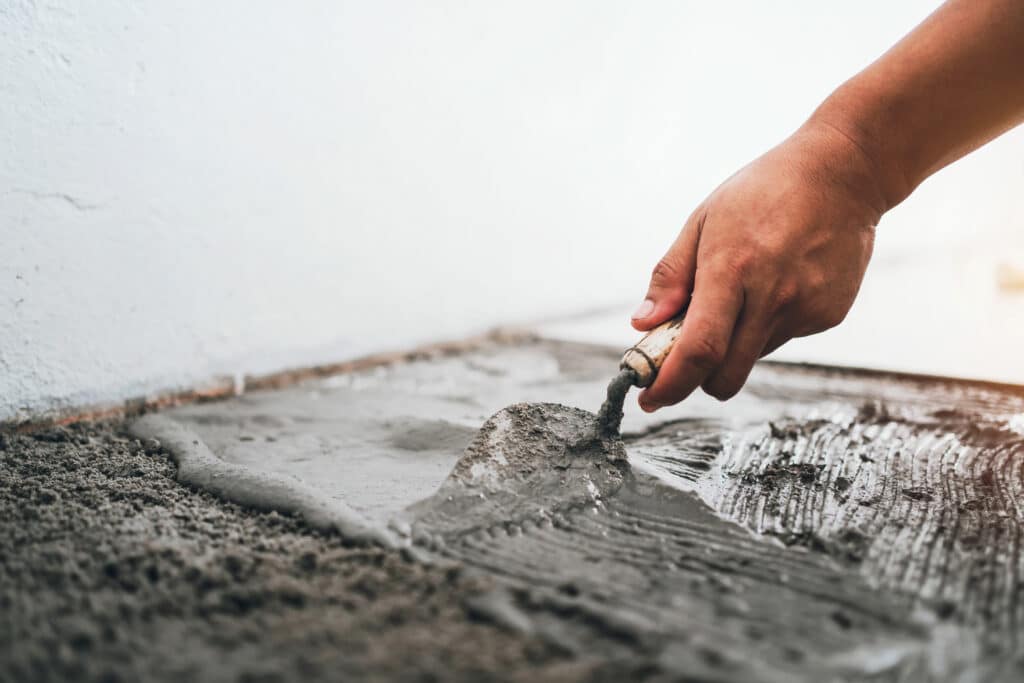Common Causes of Foundation Problems in Nashville
A home in Nashville might experience foundation issues for numerous reasons. Some are specific to the local environment, while others are common nationwide. They include:
- Soil composition: Soil with large sand or clay concentrations is highly expansive. In the heavy rainfall Nashville experiences, the soil absorbs moisture like a sponge, then releases it in dry seasons. The constant expansion and contraction stresses nearby foundations, even if the foundations keep dry.
- Improper modifications: Roofing or landscaping work that wasn't performed properly could result in your foundation settling.
- Aging plumbing: The average Nashville home construction year is 1981. If you live in an older home, it's likely to have cast-iron plumbing. When the pipes start eroding, leakage could reach your foundation and even pool beneath it.
- Standing water: Pooling water around your home can threaten your foundation's integrity, especially when it gathers in areas your drainage system doesn't reach.
- Tree Roots: Tree roots can intrude into a home's foundation through cracks, and may exert pressure that leads to your foundation fracturing, pipes leaking, and overall structural weakening.
How to Choose the Best Foundation Repair Company
To select a foundation repair company, you should determine what's most important to you. Use this guide to help you go through the process.
Licensing and Experience
In Tennessee, foundation work has its own residential building contractor license classification. Any company that performs foundation work valued at over $25,000 must have a license, no matter whether it is a primary contractor or subcontractor. You can also get a sense of a company's experience through what its representatives say. Ask about its inspection processes, local building regulations, permit-pulling procedures, and fees.
One of the best ways to evaluate a company's reputation is to explore its website. Look for the company's history and what credentials its team holds. Many leading companies provide educational content for potential customers.
Customer Reviews
When you're researching a company's credibility, visit its Better Business Bureau (BBB) profile. There, you can find its "letter grade" rating and a list of customer reviews, both positive experiences and complaints. Complaints aren't necessarily a red flag in themselves. You want to discover how a company handles them. If the management team proactively and consistently resolves issues, it's a good sign. However, if the company lacks accreditation, has more negative reviews, and doesn't communicate effectively, you should think twice about working with it.
Finally, we recommend you search additional sites, including Trustpilot and Google, for more opinions.
Foundation Repair Cost in Nashville
The price of foundation repair can vary substantially depending on the extent of the issues and what's needed to resolve them. For minor foundation cracking and settling concerns, you may pay as little as $1,900. However, if there is significant deterioration, the average cost is about $3,200. More intricate projects involving digging, helical piers, or major mudjacking could cost upwards of $7,000. This table shows the average foundation repair costs for common issues.
| Common Foundation Repair Services | Average Cost |
|---|---|
| Crack Repair | $375 |
| Leak Repair | $3,057 |
| Stabilization | $5,324 |
| Underpinning | $1,437 |
| Waterproofing | $3,381 |
Ready to Get a Quote on Your Foundation Repair Project?
Please enter a valid 5-digit zip code!
Frequently Asked Questions About Foundation Repair in Nashville
What will I pay to repair my foundation in Nashville?
What's the time to complete a typical foundation repair job?
Will my homeowners insurance cover foundation repair?
Will foundation repair disrupt my daily routine while the work's being done?
To share feedback or ask a question about this article, send a note to our Reviews Team at reviewsteam@thisoldhousereviews.com.
More Foundation Resources
National Foundation Repair Ranking Methodology
Sources
U.S. Census Bureau (American Communities Survey)
















